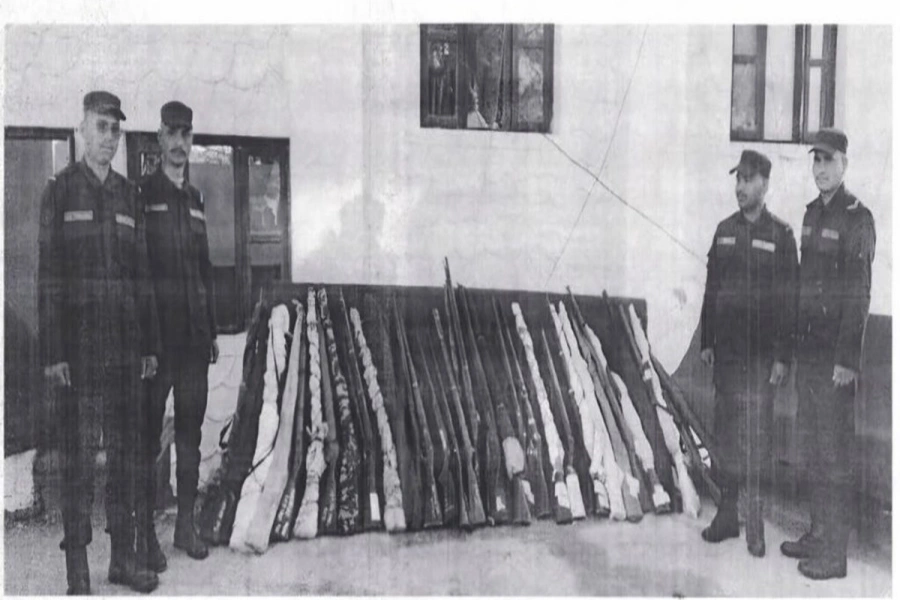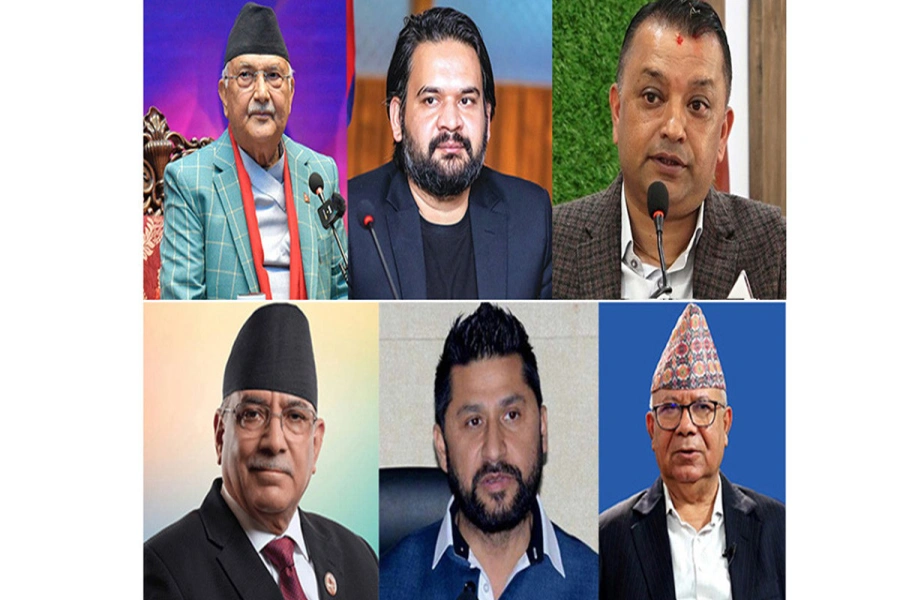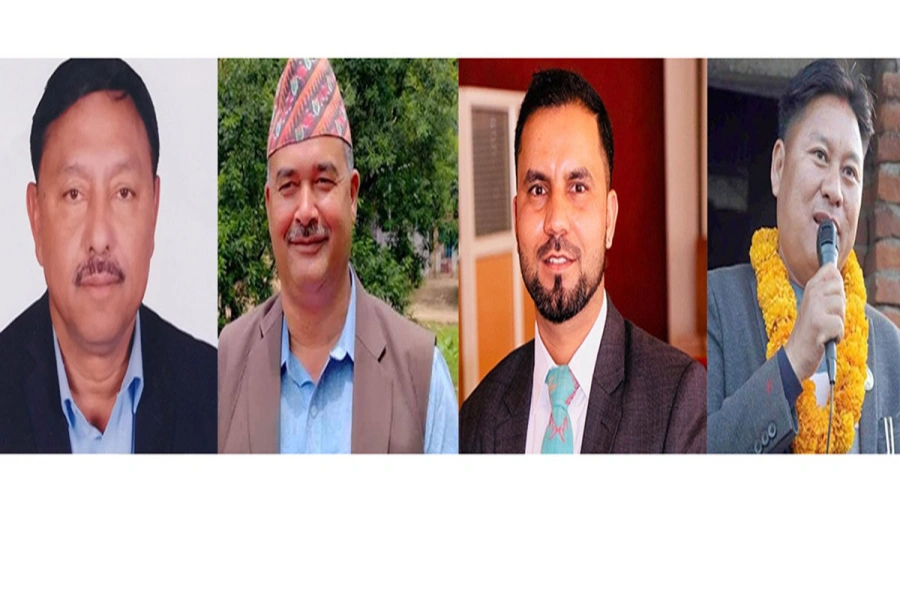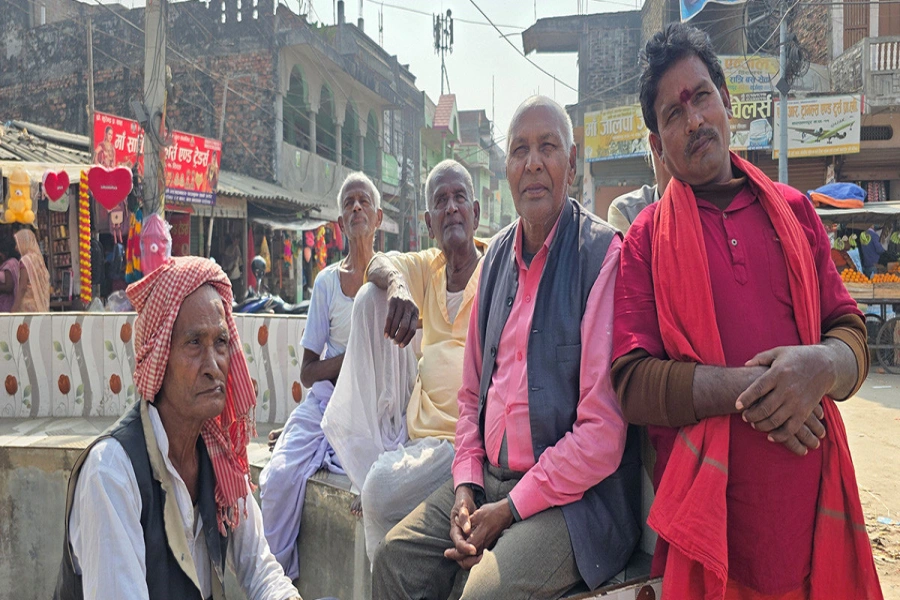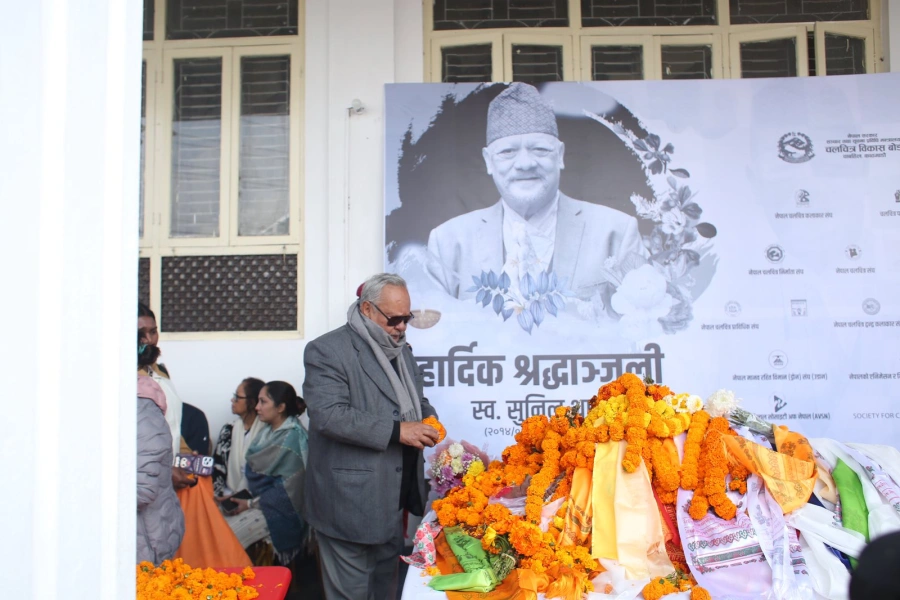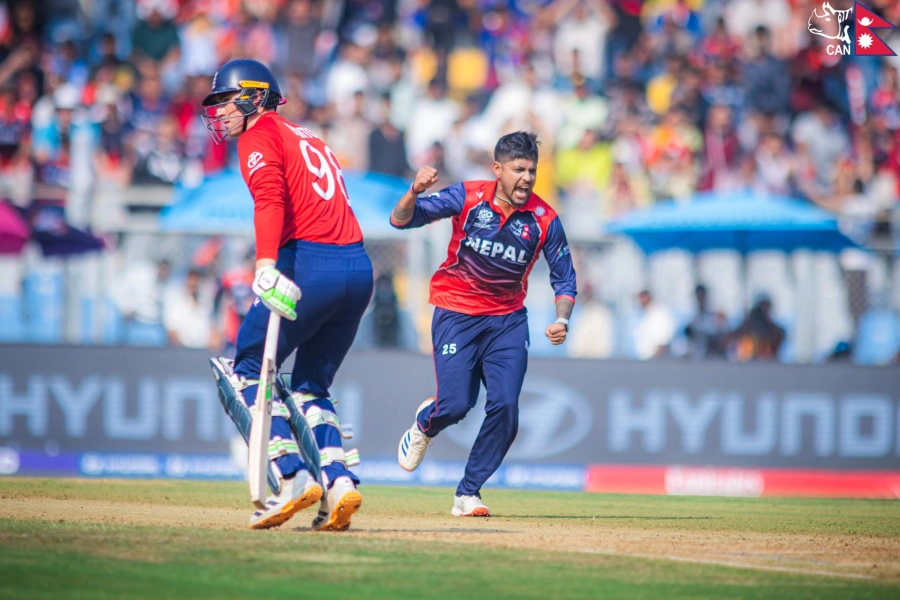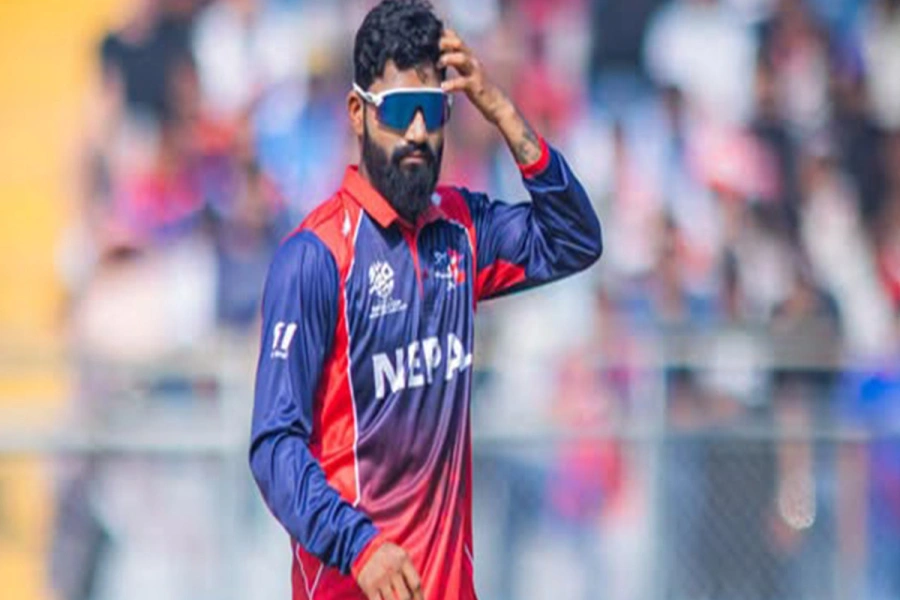We cannot expect much from the teachers who passed their exams by reading the guide books and guess papers, or by cheating
Education is essential for the development of a country. However, imparting education and to bring change in the mindset of students is easier said than done for teachers and parents. In Nepal, Ministry of Education and various international and national organizations have been working in education sectors but much need to be done. There are various factors that are hindering the progress in education to suit the needs of the 21st century. Randomly made curriculum, inefficient and unwilling teachers, careless students, ignorant parents, lax educational management, and poor physical infrastructures are troubling ‘bugs’ to quality education.
First, the curriculum itself becomes a problem when it is not executed to achieve the targeted goals. Curricula of schools and college look standard but they fail to enhance the learning of students. One of the reasons is that the teachers themselves are not much familiar with the new contents. Curricula are made at the top level and are sent to lower levels for implementation. This has created a big gap between ‘standard’ curricula and ‘ignorant’ teachers. Consequently, students have not benefited from the change in curriculum.
Second, inefficient and lethargic teachers are a big problem in Nepal’s education field. A nation cannot expect much from the teachers who passed their exams by reading guide books and guess papers, or by cheating in the exams. Further, we cannot expect from the teachers who have been picked based on political ideology. A huge challenge in public education institutions is how to provide quality education from those teachers who are ‘technically’ qualified because of their certificates but who are ‘practically’ unqualified as teachers.
What ails TU?

Such teachers should be made well educated through training and orientation and then they should be taught how to teach students. Equally challenging is making teachers willing to change themselves and their teaching activities. Needless to say, this is a herculean task but we must do it.
Third, there is a great need to make children responsible. Democracy has been misunderstood in many fronts by many people, including those in the academia. Students are no exception. In the past, teachers used corporal punishment to discipline the students. And students were afraid of teachers. Now that corporal punishment has been illegal, students have to be convinced through counseling and motivation. While doing away with corporal punishment, we should have adopted some other ways to control students and make them do educational tasks and warn them of consequences if they fail on their duty of learning. Today, students can be as careless as they can be and there is very less or nothing the teachers can do. There is a fear among teachers that if the students complain to the administration or their parents, their jobs might be at stake. A teacher cannot use his/her authority to make the students learn. We need to make the students accountable to learning.
On the other hand, parents are very less informed or are ignorant of their children’s educational activities and progress. Just attending parents-teachers’ meetings and visiting schools to receive their children’s progress report cards is not enough. They should keep deep interest in their children’s education and work with school/college teachers and the administration for better results. This is almost next to impossible when parents or guardians themselves are uneducated. In any case, some kind of parents’ education is also crucial for the betterment of children’s education.
Lax educational management has contributed to low-quality education. In the public education institutions, sometimes the education-heads are politically appointed. They don’t care much about what goes within their institutions. Their main goal is to please their political leaders, not the students and teachers. As most of the teachers teaching in public educational institutions are political appointees they don’t bother much about teaching. They don’t listen to head teachers as they have political backing.
Unless we remove these hurdles, quality education will remain a far-fetched dream. The community and the school administration must find solutions to the above-mentioned problems soon.
Poor physical infrastructure is plaguing quality education. In most classes today, there are long benches and desks and there is very little room in between. In such a setting, classroom discussions are almost impossible. Classrooms are small and there is not enough light even in the classrooms of private schools and colleges. They are housed in private buildings that were not constructed for educational purposes. Thus it is equally important to improve physical infrastructure of such institutions.
Hurdles to quality education are way too many. We need to remove them all.
The author is a life member of Nepal English Language Teachers’ Association (NELTA)
rishirampaudyal@gmail.com





